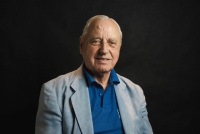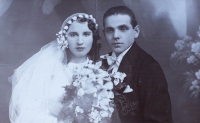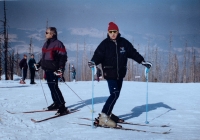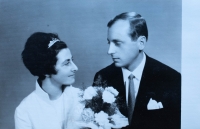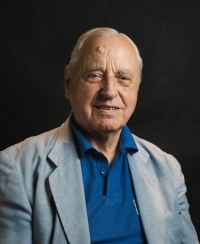We Wanted Poland to be Independent
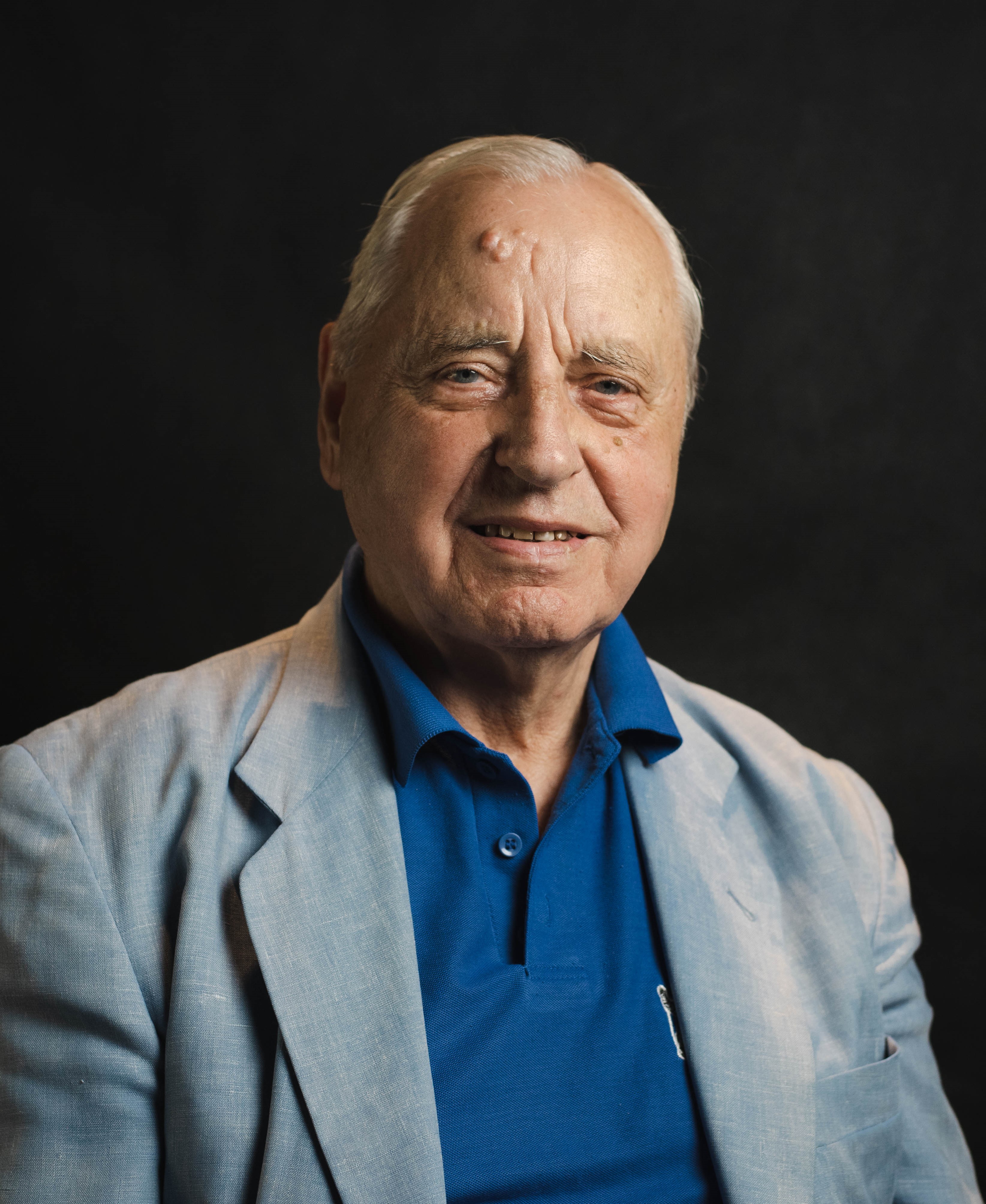
Download image
Waldemar Pernach was born in 1936 in Warsaw. His father, a Home Army soldier, was killed by the Germans during World War II. After the war he worked at Huta Warszawa, from where he was expelled in 1970 because of his views. In the 1970s he joined the circle of associates of the KOR Committee for Social Self-Defense, but differed from them in his views. He stood on independence and anti-communist positions. In 1980-81, he provided advisory support to the NZSS Solidarity in the energy sector. After martial law was imposed, he was interned and stayed in the Warsaw-Bialoleka detention center until August 1982. After his release, he continued his opposition activities within the framework of the Workers’ Thought Clubs and the Baza (Base) Political Group. He was involved in publishing the second-circulation magazine Baza, publishing books by Jozef Mackiewicz. He also organized summer camps for the children of opposition activists. He was negative about the Polish Round Table Talks, considering them a compromise with the communists.
